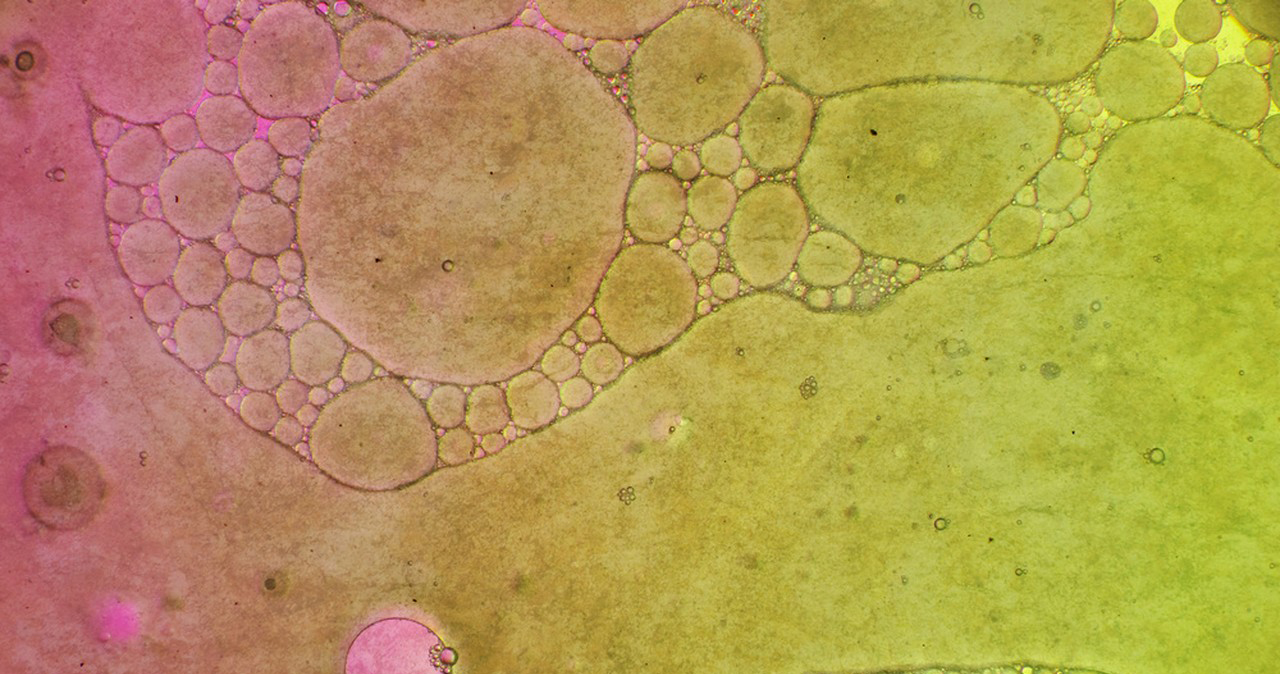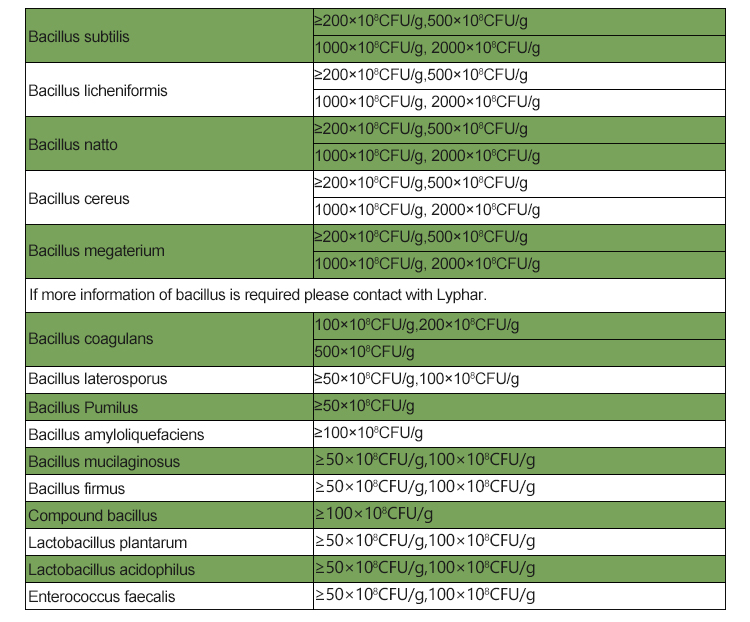Scientific Classification:
- Kingdom: Bacteria
- Phylum: Firmicutes
- Class: Bacilli
- Order: Bacillales
- Family: Bacillaceae
- Genus: Bacillus
- Species: Bacillus subtilis

General Description:
Bacillus subtilis is a Gram-positive, rod-shaped, motile bacterium commonly found in soil, water, and the gastrointestinal tract of humans and animals. It is known for its ability to form endospores, which allow it to survive harsh environmental conditions.
General Characteristics:
- Shape: Rod-shaped (bacillus)
- Gram Stain: Gram-positive
- Oxygen Requirement: Facultative anaerobe (can survive in both aerobic and anaerobic conditions)
- Spore Formation: Yes (forms endospores that allow survival in harsh conditions)
- Motility: Yes (via peritrichous flagella)
Key Characteristics:
- Gram Staining: Gram-positive
- Shape: Rod-shaped (bacillus)
- Motility: Motile (due to peritrichous flagella)
- Oxygen Requirement: Facultative anaerobe (can grow with or without oxygen)
- Spore Formation: Forms highly resistant endospores
- Catalase Test: Catalase-positive
Habitat:
- Commonly found in soil, water, air, and decomposing organic matter.
- It can also be present in the human gastrointestinal tract as a probiotic bacterium.

Industrial & Biological Importance:
- Used in biotechnology and industry for enzyme production (e.g., amylases, proteases).
- Plays a role in plant growth promotion and biocontrol against plant pathogens.
- Considered a model organism for studying bacterial genetics and sporulation.
- Used as a probiotic in animal feed and human health supplements.
Would you like more specific details on any aspect of Bacillus subtilis?
